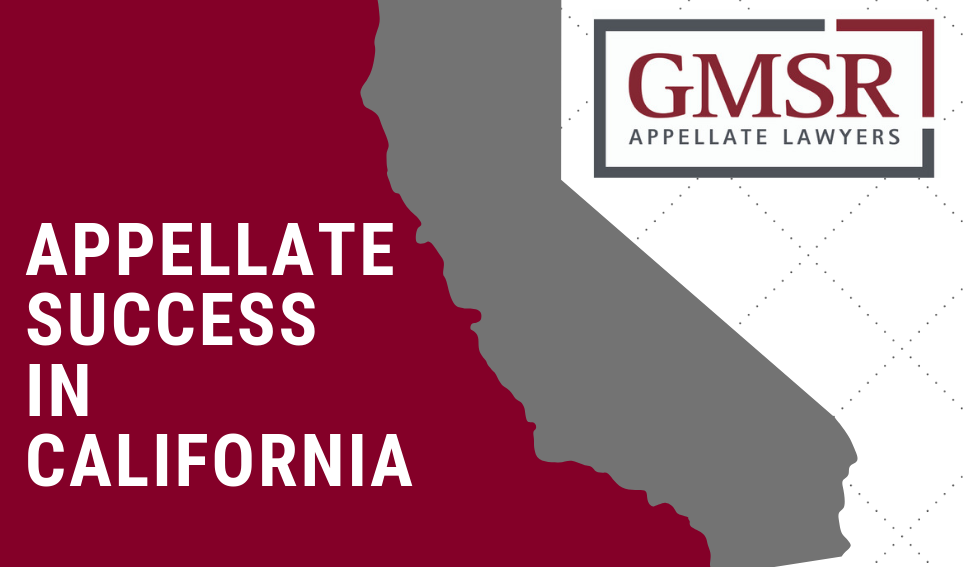Handling Tentative Opinions
For years, only one appellate division in California (based in Riverside) routinely provided tentative opinions before oral arguments. With dozens of new justices taking seats on the appellate bench around the state, however, more panels have begun to offer tentative opinions for some appeals. Here are tips on preparing for oral argument after receiving a tentative.
- Minor issues: If counsel considered certain issues marginal in the briefing, and they play little or no role in the tentative opinion, it’s pretty safe to expect that oral argument won’t dwell on them. This is a great benefit of tentatives—minimizing low-value prep time.
- Major issues: Focus preparation on the determinative issues, aiming to fortify or challenge the court’s thinking about those points—especially if the court has misunderstood the record. Courts will sometimes change tentative rulings (either the reasoning or the outcome), or the tentative may become a dissent. This is rare, but it does happen.
- Opinion language: The side tentatively losing the appeal should come prepared with concise arguments for specific changes that would make the final opinion less harmful, even if the result stays the same. This could include requesting changes to the Disposition section—especially directions to the trial court on remand—or correction of misstatements that would affect the client’s interests beyond this case. Do not wait to file a rehearing petition on those points.
► The practical message: Whether for or against your client, tentative opinions make oral argument more efficient. If you receive one, use it to focus your argument preparation and message.
Browse By Topic
We welcome your inquiry. However, sending us an email does not create an attorney-client relationship. For that reason, you should not send us any kind of confidential information. Until we have agreed to represent you, we cannot be obligated to keep it confidential.







